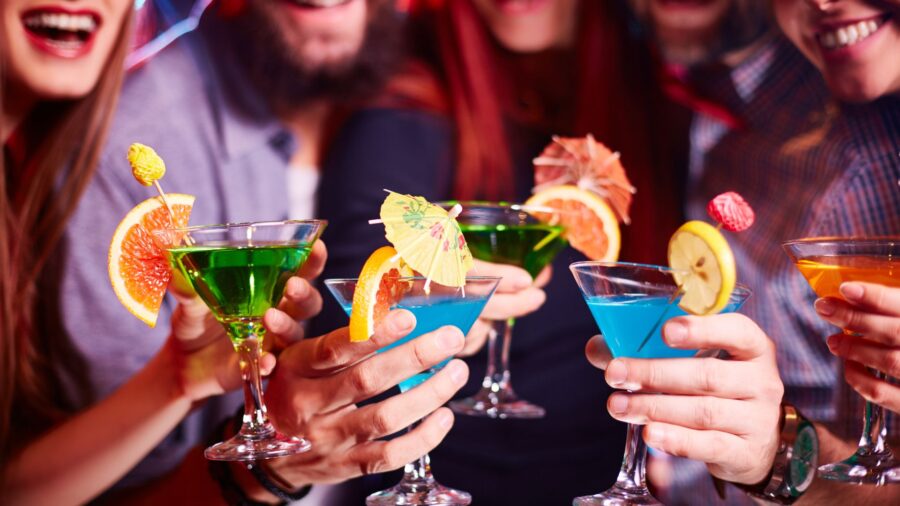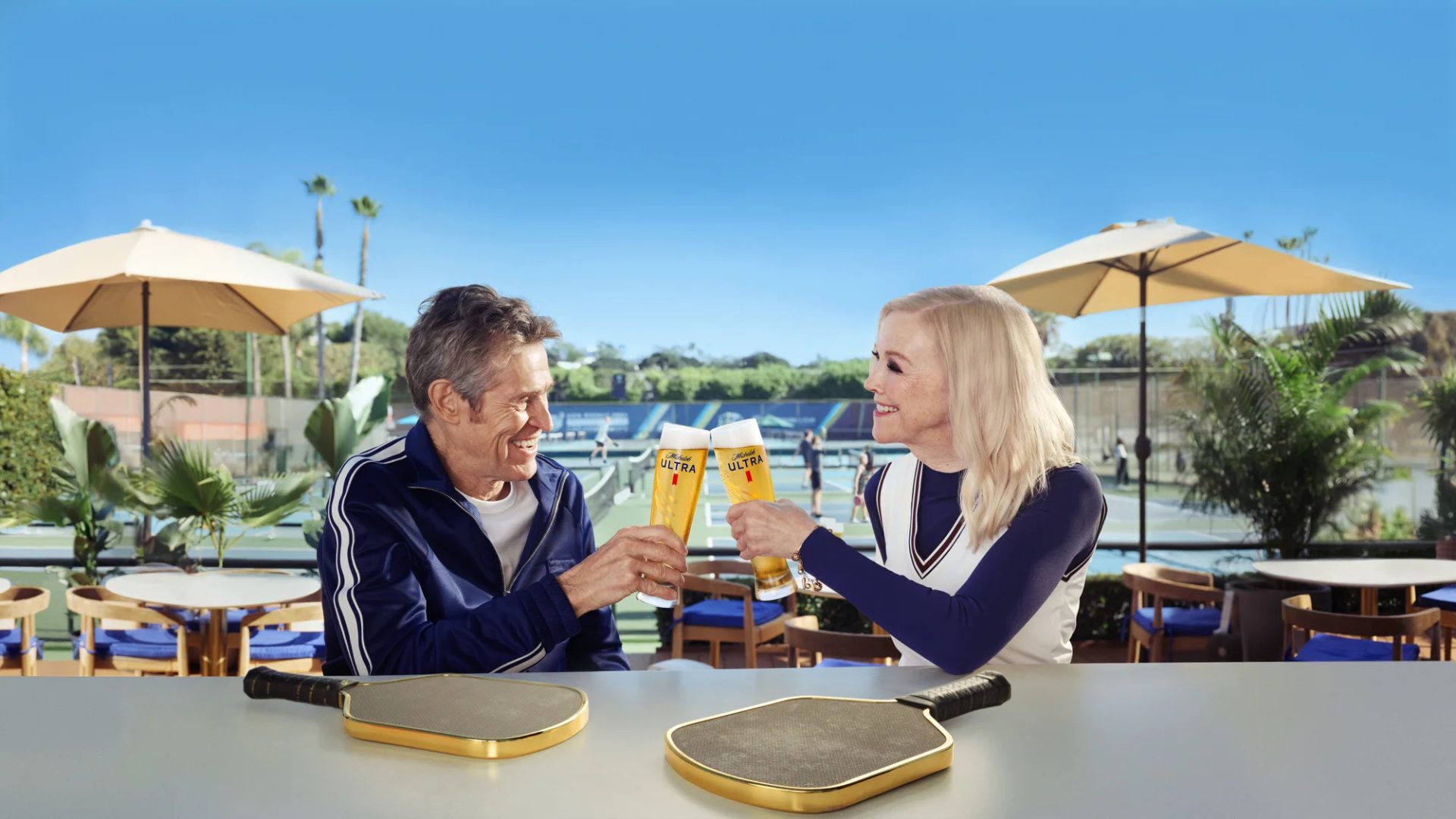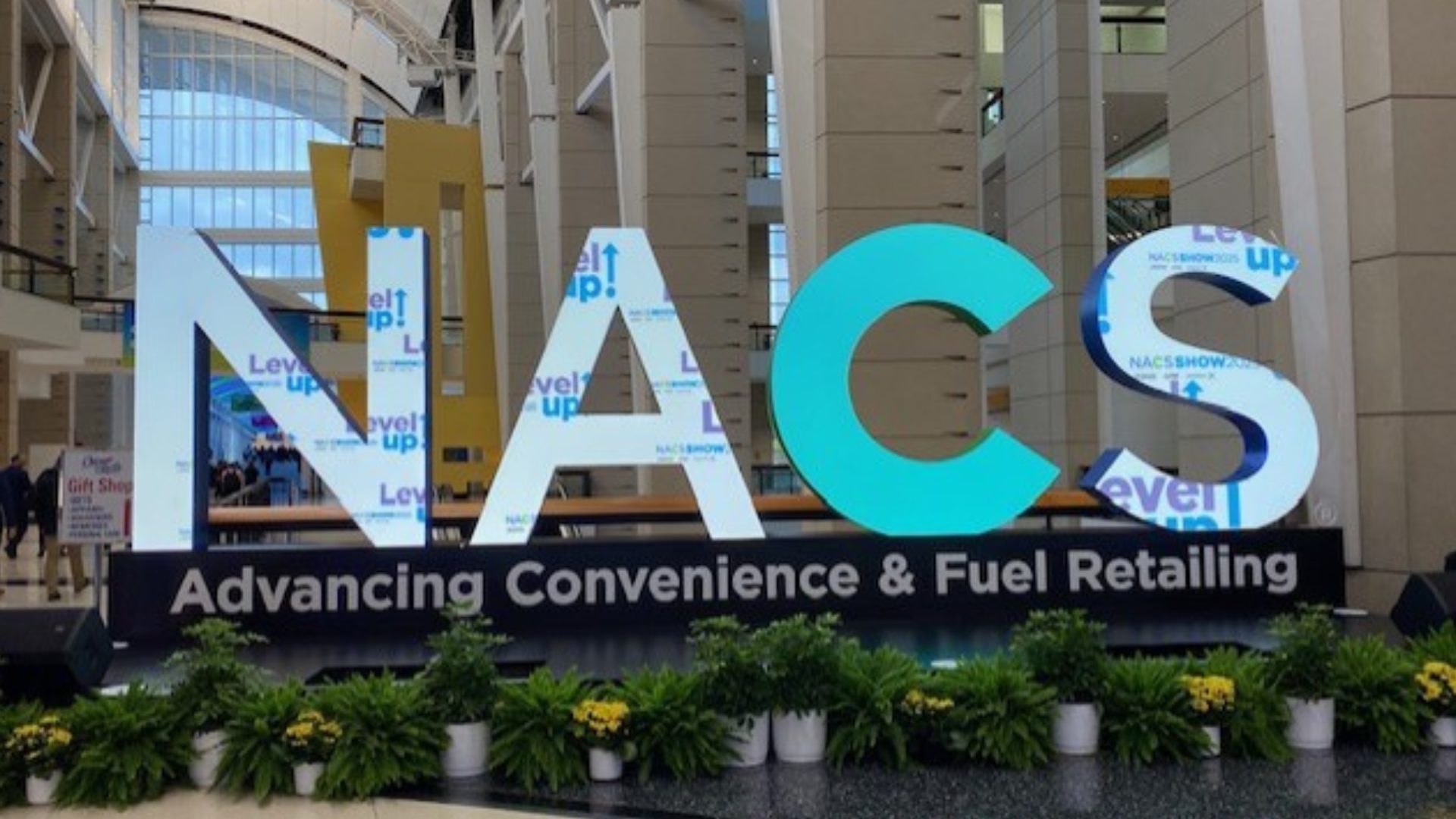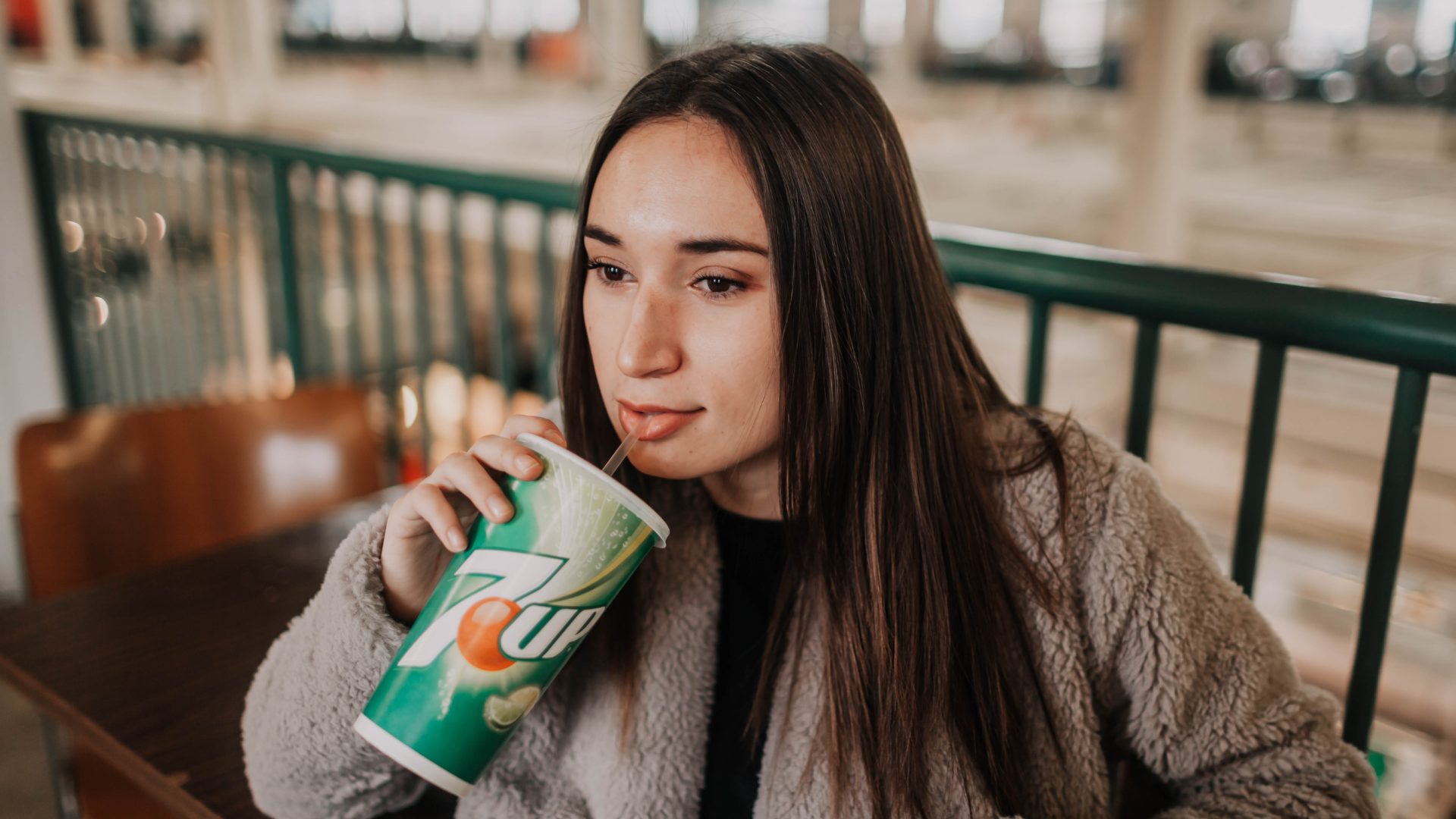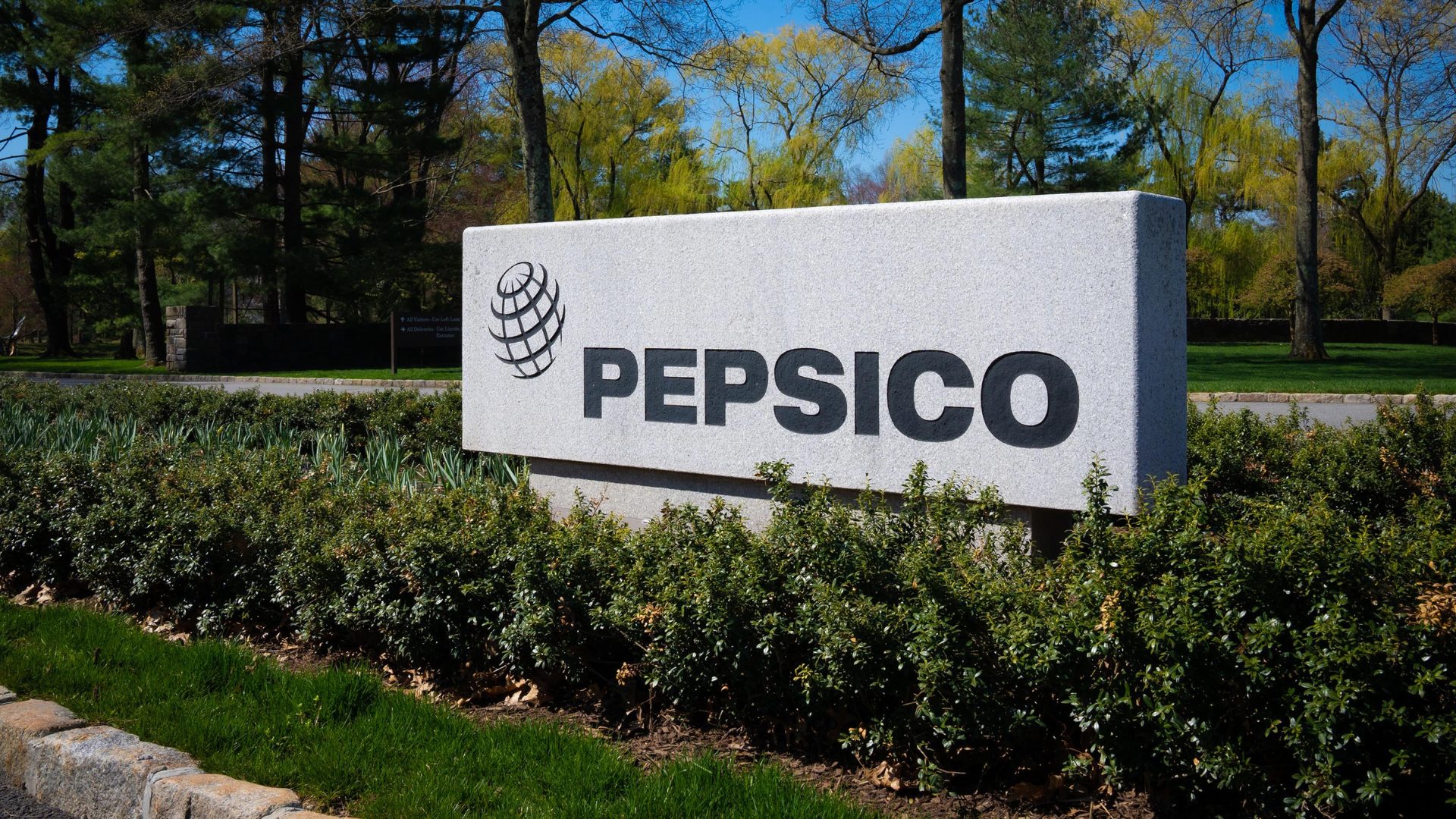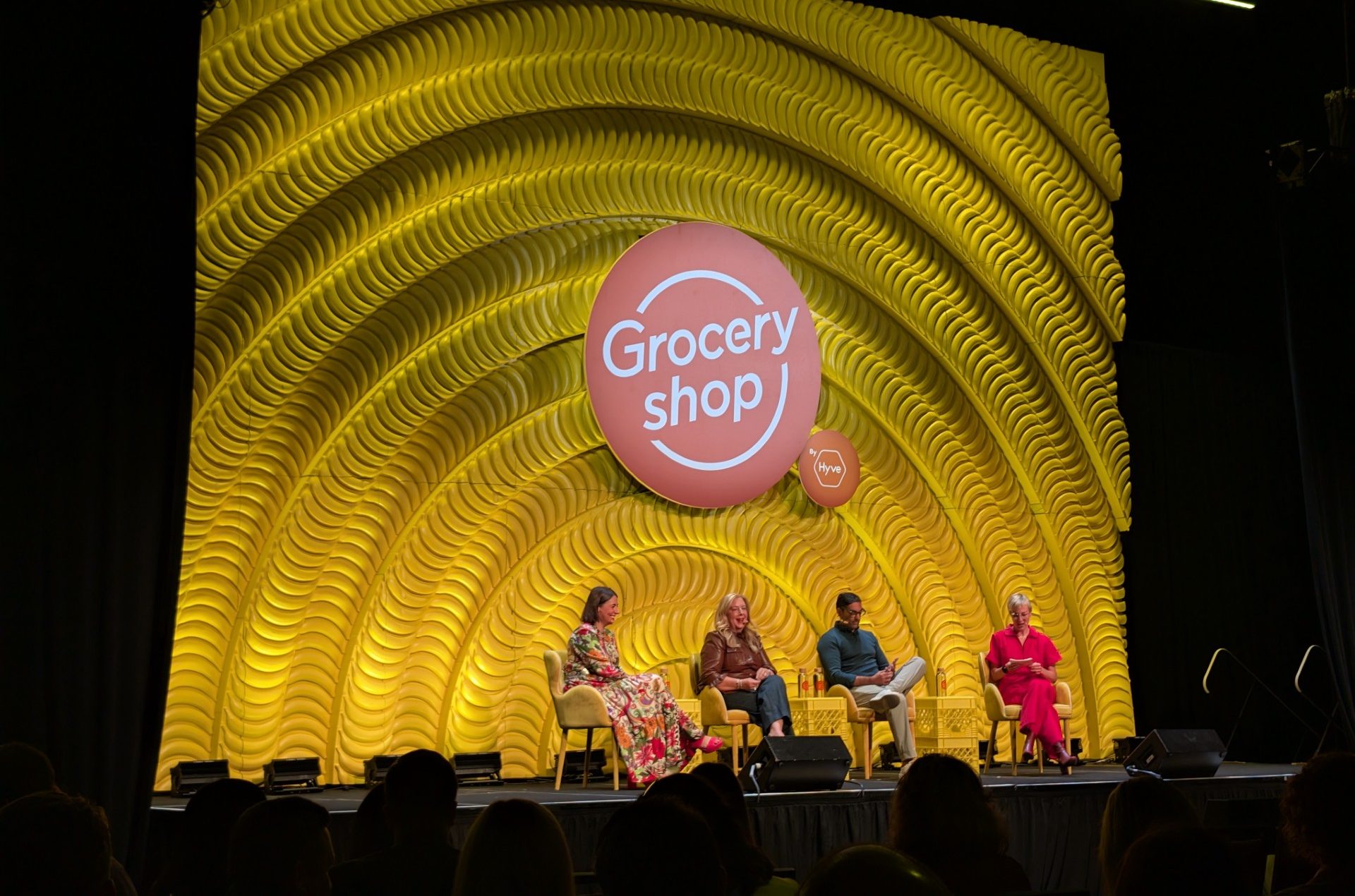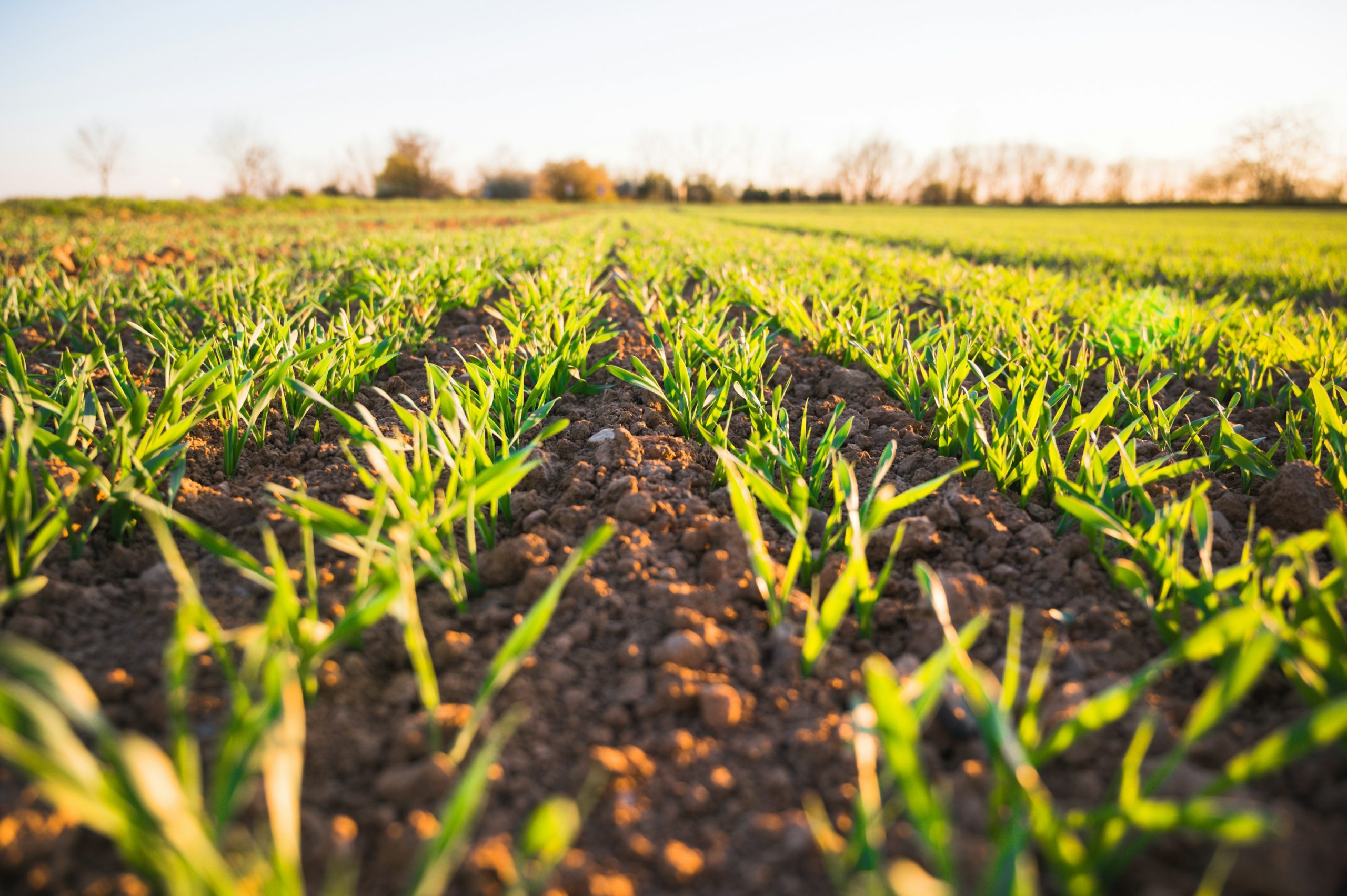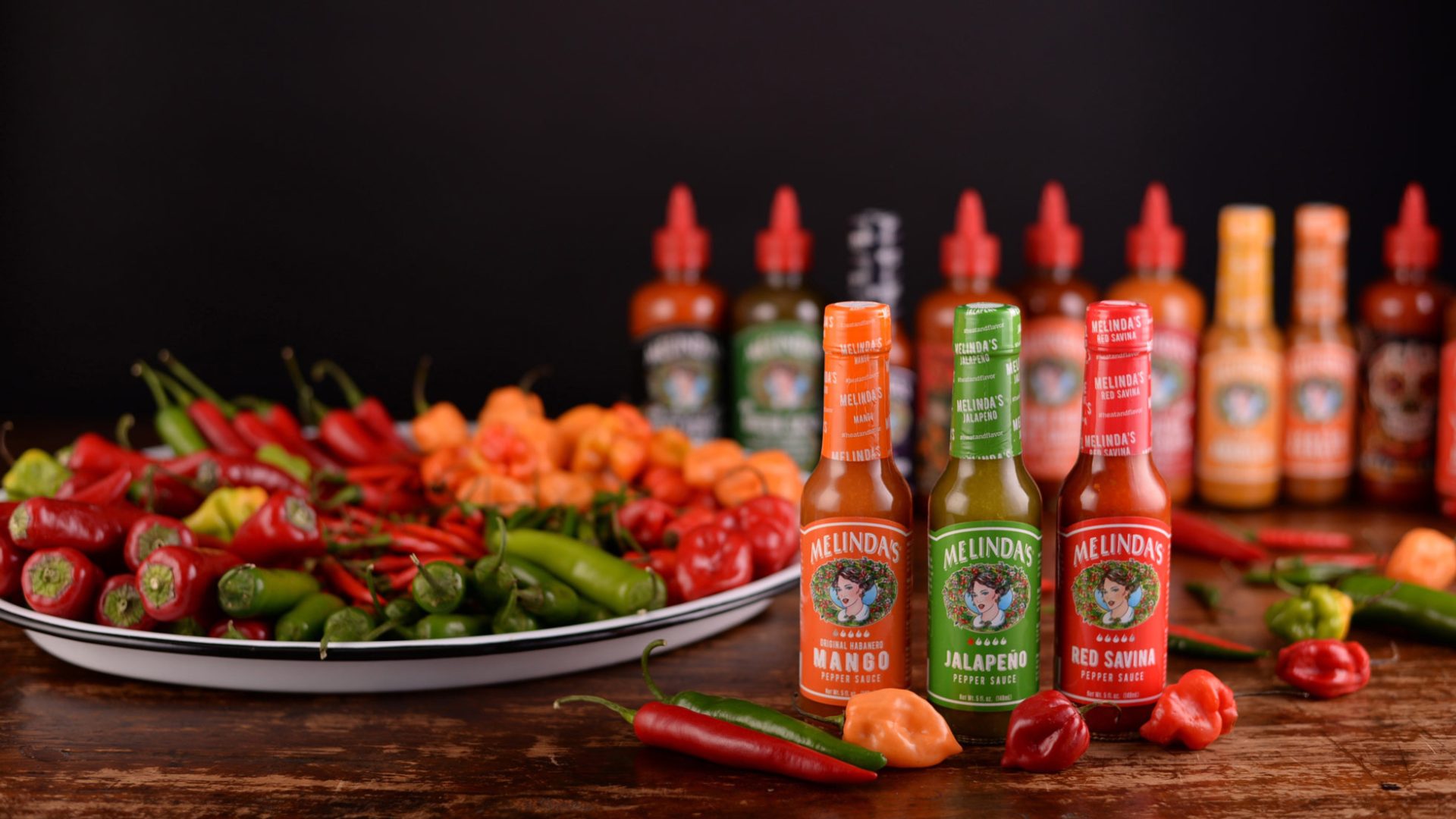It is a truth universally acknowledged that broke college kids and adults with bare refrigerators will, in desperate times, add vodka to anything.
SunnyD finally monetized this with SunnyD Vodka Seltzer earlier this year, hopping on the ready-to-drink (RTD) booze trend even as inflation tempers RTD sales this fall – per a recent report from Circana, alcohol inflation paces the food and beverage category at just 6.3% (second only to fresh meat and seafood at 4.3%), though consumers are spending less per trip than previous years. Still, the RTD category – especially in spirits – continues to grow, experiencing 2% growth in the value category in the last 26 weeks.
SunnyD is far from the only “previously reserved for children” drink category worrying consumer advocates, however – Mountain Dew, Simply Orange, and even Eggo waffles have all launched recent products that blur the sugary line between swift pick-me-up and products that can only be purchased with a valid driver’s license issued no earlier than 2002 or so.
The High-Proof & Profitability Business of Energy Drinks
As of August 2022, PepsiCo’s Hard Mountain Dew totaled about $54 million in sales. In the same period, Coca-Cola’s Simply Spiked – a hard extension of its Simply juice brand – totaled almost twice that to the tune of $111 million. And Jack Daniels, one of the most recognizable liquor brands in the world, said its 2022 launch of Jack Daniel’s & Coke canned cocktail was the most successful launch in the distiller’s history.
Many RTD products that share the same name as products for young adults or children claim the packaging alone is enough to distinguish what requires an adult ID to purchase and what doesn’t, yet public-health researchers worry that fiercely loyal customers – such as young adults and children – will develop preternatural affinities for adult products from brands they already support.
“We are aware of the additional responsibilities that come with authorizing our brands to be used on alcohol products,” said a spokeswoman for Coca-Cola to The Wall Street Journal. Besides Jack & Coke and the popular line of alcoholic Fresca – Fresca Mixed – the Atlanta based soda juggernaut also recently launched Topo Chico, a hard line of its popular seltzer, in a partnership with Molson Coors Beverage Co.
Considering Caffeine for Young Adults
Another staple of adulthood is also infiltrating more beverages marketed to younger consumers: caffeine. Ever-increasing levels of caffeine in energy drinks are spurring more parents, consumer advocates, and even pediatricians to get involved in the conversation around what constitutes a reasonable energy product and how it should be marketed.
Senate Majority Leader Chuck Schumer has urged the FDA to investigate PRIME Energy, a retail-sold drink from YouTube stars Logan Paul and KSI, which contains over 200 milligrams of caffeine – roughly six cans of Coke, two-and-a-half cans of Red Bull, and more than two cups of coffee. The American Academy of Pediatrics discourages all caffeine consumption by children because it can be addictive and lead to stunted brain development.
According to the National Institute of Health, energy drinks are second only to multivitamins as the most popular dietary supplement consumed by American teens and young adults; nearly 33% of teens between 12 and 17 years old consume them regularly.
The U.S. has stringent liquor and sales laws to regulate how and where products can be marketed, distributed, and sold, led in this space by the federal Alcohol and Tobacco Tax and Trade Bureau. As THC-laced beverages gain ground in the better-for-you category – and as more states continue to legalize cannabis-infused products in food/bev, health, and beauty –
tomorrow’s grocers, retailers, and liquor stores will be more diverse than ever before, and consumers should expect to see cross-brand collaborations from all corners of grocery, from the candy aisle to produce, beverages and beyond.
And perhaps some adult-oriented beverages tread the line too close to their youth-marketed counterparts and will struggle to find adult consumers – unless, of course, they’re looking for a cocktail that tastes like rich maple syrup, sweet butter, and sizzlin’ bacon. Kellogg created its Eggo Brunch in a Jar Appalachian Sippin’ Cream so parents can “L’Eggo, relax, and enjoy that ‘treat yourself’ feeling brunch evokes,” according to a statement from Kellogg.
As indulgence continues to drive consumers in almost every category, Kellogg might be onto something – the right product at the right time can galvanize a previously dormant category and offer new life to legacy products.


